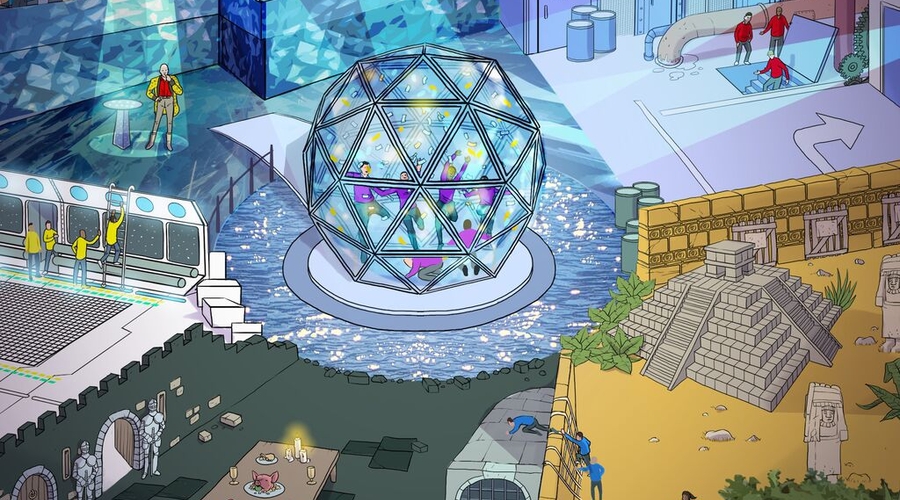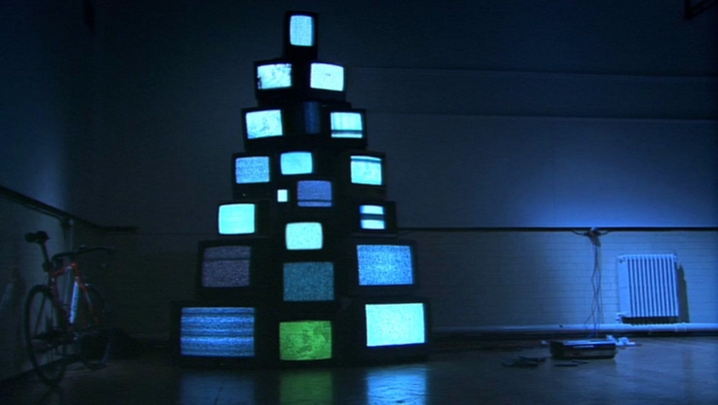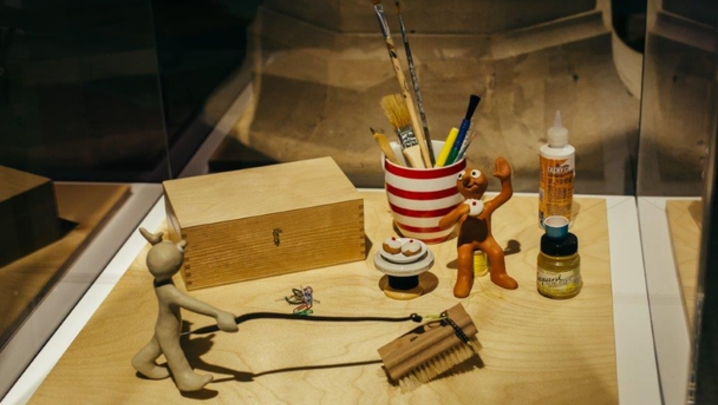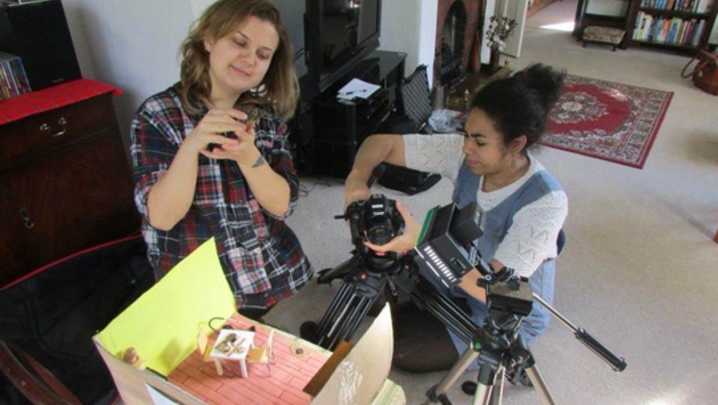From video games to beehives, a host of projects have turned to the general public for investment through crowdfunding.
Sites such as Kickstarter and Indiegogo allow fundraisers to outline their plans, offering investors benefits such as signed merchandise and exclusive events in accordance with the size of their donation, rather than a financial return.
Nineties game show The Crystal Maze hit headlines earlier this month when its creators launched an Indiegogo campaign to raise £500,000 to bring the show back as a live immersive experience.
It reached the target in just eight days, as fans pledged funds in exchange for crystals, tickets and the opportunity to take part in the game, either as an individual or team.
"We'll have to see," was the response from the organisers in response to calls for The Crystal Maze to return to our screens, however the overwhelming success of the campaign is bound to have reached the ears of commissioners.
Funding fan favourites
If the show were to return, it would be in good crowdfunded company, as childhood favourite Morph has recently returned to CBBC after a 17-year break.
The terracotta-coloured character has 2654 backers to thank for his reappearance, after a Kickstarter campaign saw the original target of £25,000 quadruple, resulting in enough cash to make 15 new episodes, three more than originally planned.
While the Morph and The Crystal Maze campaigns have benefited from existing fan bases, it is not an essential fundraising element, as US series Chug proved.
The travelogue's creator and presenter Zane Lamprey turned to Kickstarter to raise $500,000 to make his six-part series about drinking culture across the world for National Geographic.
8177 backers helped Chug become the world's first television series to be crowdfunded by fans, after Lamprey failed to find a network willing to bankroll the show.
It was Lamprey's mother who suggested he try the crowdfunding route after reading about the successful campaign to take cult series Veronica Mars to the big screen.
The Veronica Mars effect
The case of Veronica Mars has been a contentious one, with supporters rushing to back the campaign (the original $2 million target was reached in less than a day, with fans going on to pledge over $5 million in the month-long fundraising drive).
However, sceptics questioned why creator Rob Thomas and lead actress Kristen Bell asked fans to stump up the cash for the project, rather than funding it themselves.
Countless op-eds were written about whether the Veronica Mars movie, which at the time was third highest-funded project in Kickstarter's history, signalled a new age of film and television funding.
While it appears that fans are willing to donate to pet projects or yearned-for revivals, the idea that this will become the main source of funding for future television projects seems unlikely.
As for The Crystal Maze, you still have time to snap up the chance to hire out the entire maze for a day for a mere £10,000.









